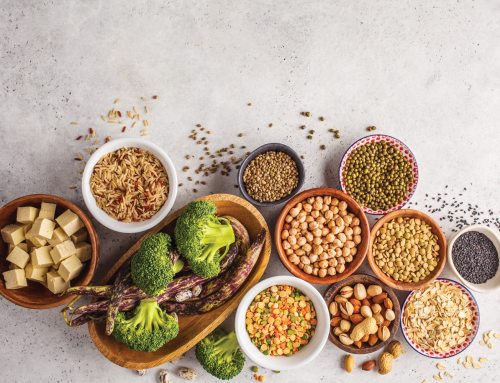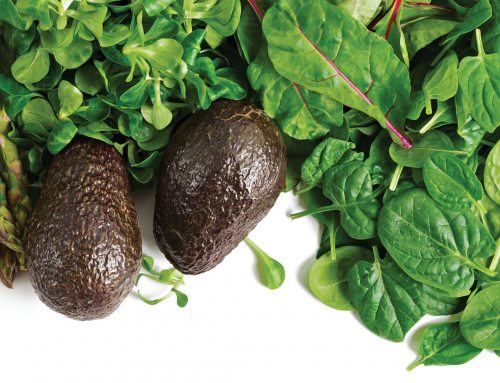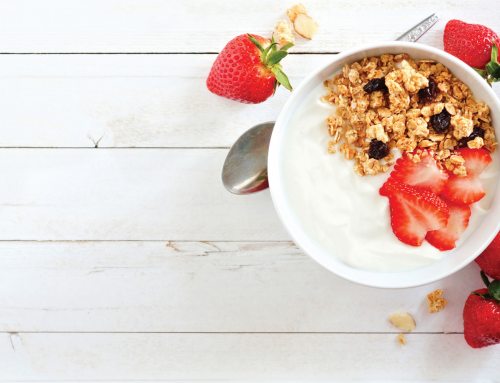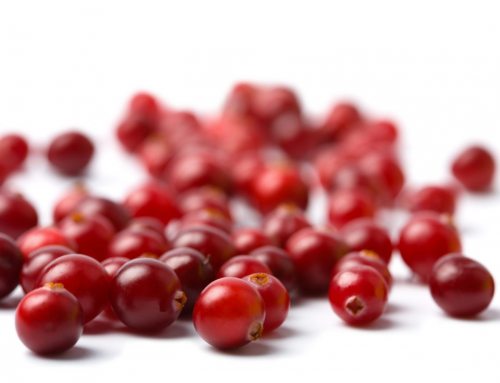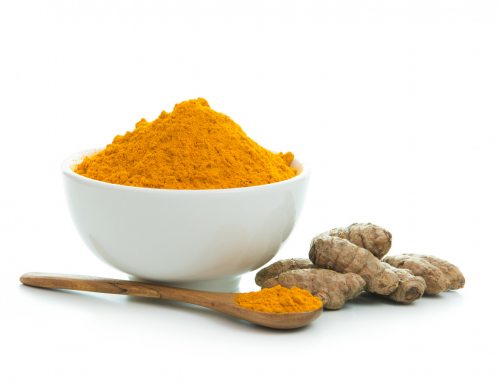
Benefits of Broccoli
Health organizations list cruciferous vegetables as must-have foods, recommending we eat them several times a week. Why? They are linked to lower rates of cancer. Like all cruciferous vegetables, broccoli naturally contains two important phytochemicals – indoles and isothiocyanates. Researchers at Johns Hopkins University School of Medicine in Baltimore isolated an isothiocyanate (called sulforaphane) from broccoli that increases the activity of a group of enzymes in our bodies that squelch cancer-causing agents.
So, Mom was right! Eating your broccoli is a good idea. Not only does this hearty, tasty vegetable help reduce your risk of cancer, it is rich in dozens of nutrients. In fact, it packs the most nutritional punch of any vegetable.
Broccoli’s noteworthy nutrients include vitamin C, vitamin A (mostly as beta-carotene), folic acid,calcium and fiber. While the calcium content of one serving doesn’t equal that of a glass of milk, broccoli is an important calcium source for those who don’t consume dairy products. Not only does calcium build strong bones, research shows that it may play a role in the control of high blood pressure, too. It may work to prevent colon cancer.
Beta-carotene and vitamin C are important antioxidants that have been linked to a reduced risk of numerous conditions, including cataracts, heart disease and several cancers.
Broccoli is high in fiber, too. Half of its fiber is insoluble and half is soluble, helping to meet your needs for both types of fiber.



